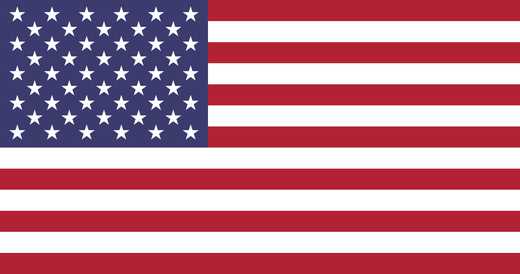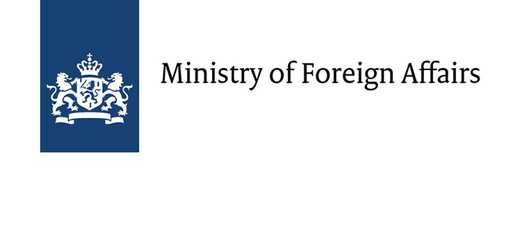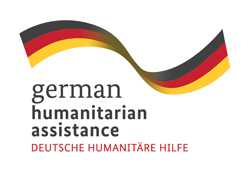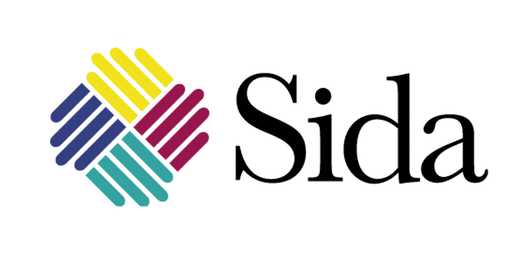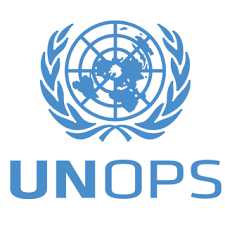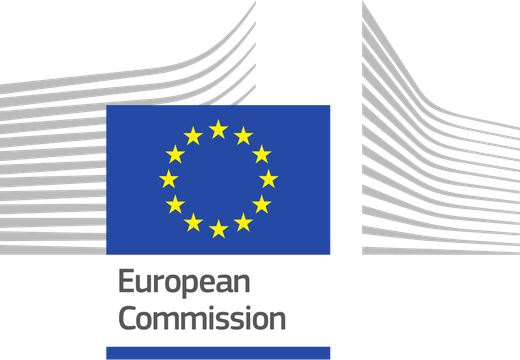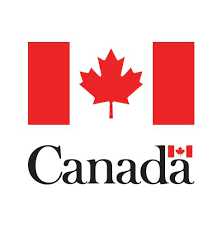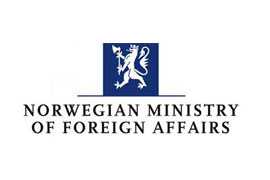MAG has worked in Iraq since 1992 to make land safe for populations affected by decades of conflict. Landmines, cluster munitions, other unexploded bombs, as well as new contamination from the recent conflict with ISIS, have left a deadly legacy that prevents communities from using their land, and displaced populations from returning home safely.
Why we work in Iraq
Iraq is one of the world’s most landmine-affected countries. The Iran-Iraq war of the 1980s, the first and second Gulf Wars, and the persecution of the Kurdish people under Saddam Hussein's government have left the country with extensive landmine and cluster munition contamination that still have a daily impact on poor and marginalized communities.
This historic contamination has been compounded by new contamination from the recent conflict with ISIS since 2014. Over 3.4 million people were displaced at the height of the crisis and the fighting has seen large areas of Iraq contaminated with landmines of an improvised nature, manufactured on an industrial scale, and deployed in urban, village and rural settings.
The situation has led to numerous accidents among returning populations and continues to prevent many others from returning to their homes, placing a strain on resources in other areas of the country.
No one could use the land until MAG came – many have been injured. I was lucky to just lose a leg, others have not been so fortunate.
KhurshidIraq
How we help
By clearing mined areas with deminers, mechanical assets, and mine detection dogs, MAG enables communities to use their land in safety, giving them greater food security and an escape from poverty.
Land cleared by MAG in Iraq over the past two decades has been used to build new roads, schools, hospitals and entire villages, as well as pave the way for thousands of farmers to work in safety.
MAG was at the forefront of the response to the most recent humanitarian crisis, initially clearing land for the establishment and expansion of camps for displaced Iraqis and Syrian refugees in the Kurdish region, as well as delivering lifesaving risk education for those fleeing violence.
More recently, our teams in Ninewah governorate are clearing new contamination and working through the rubble of damaged or destroyed houses, removing explosive remnants of war and making it safe for the process of rebuilding to begin.







